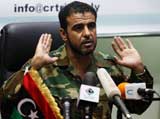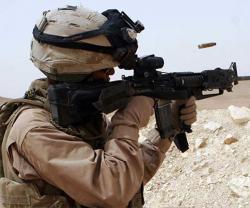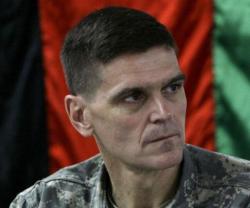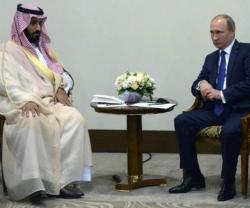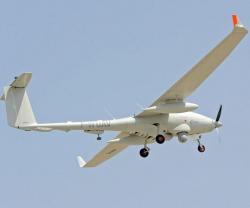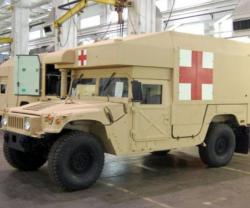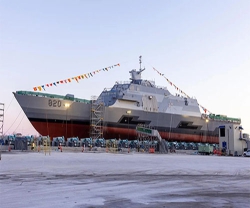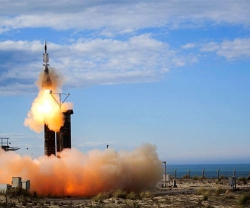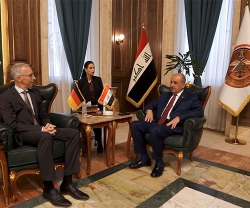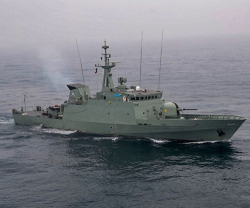A Libyan revolutionary Officer announced the creation on Sunday of an armed group to keep order in Tripoli.
Announcing the Tripoli Revolutionists Council at a news conference in the capital, Abdullah Ahmed Naker said his force had 22,000 armed men at its disposal, drawn from what he said were 73 factions which had agreed to pool resources.
The move may stir concern about tensions among the many revolutionary militias who play a de facto security role in the capital, where residents say they fear some groups may resort to violence as they jockey for power.
Visiting U.S. Republican Senator John McCain called on the country’s interim rulers, the unelected National Transitional Council (NTC), last week to move quickly to get the armed groups under control.
Naker said his group was cooperating with the Tripoli Military Council which is led by Abdulhakim Belhadj, a veteran Islamist foe of Muammar Qaddafi.
He said it would protect citizens’ security and property, collect unlicensed weapons, support humanitarian relief work and help create civil society institutions.
“We established the council because we saw that Tripoli people are marginalized ... They have not been invited to participate in any entity in the new government,” he said.
Naker said his forces were already in control of 75% of the capital. They could extend their area of operations but did not want disputes with other factions.
He said his relations were normal with Belhadj but he did not know much about his background. “Who is he? Who appointed him?” he said.
Belhadj led an Islamist guerrilla uprising against Qaddafi in the 1990s. He later spent time with Taliban and al Qaeda leaders in Afghanistan but says he opposed al Qaeda’s transnational campaign of anti-Western violence.
Naker said Belhadj’s military clout was “weak” as he had only 2,000 men. He alleged the Military Council’s forces had staged night raids on private homes that had caused ill-feeling among Tripoli residents.
Naker said his council was working under the auspices of de facto head of state Mustafa Abdel Jalil and was “cooperating” with the Tripoli Military Council on bringing safety back to Tripoli. It would be dissolved when state institutions were up and running again, he said.
Source: Reuters

